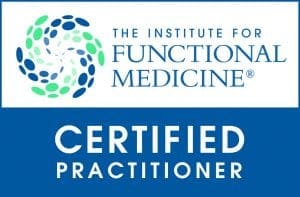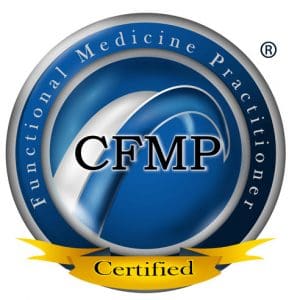Category - Epigenetics
Epigenetics: Epigenetics is defined as the study of heritable changes in gene expression (active versus inactive genes) that do not involve changes to the DNA sequence — a change in phenotype without a change in genotype — which in turn affects how cells read genes. An epigenetic change is a regular, natural occurrence that can also be influenced by several factors which include age, environment, lifestyle, and disease state to the body. With epigenetic modifications, they can manifest commonly as the manner in which cells can terminally differentiate to end up as skin cells, liver cells, brain cells, etc. to the body. And epigenetic change can have more damaging effects that can result in diseases causing the body to dysfunction. With new and ongoing research continuously uncovering the role of epigenetics in a variety of human disorders and fatal diseases, epigenetic marks are more stable during adulthood and are still thought to be dynamic and modifiable by lifestyle choices and environmental influence. It is becoming apparent that epigenetic effects do not just take place in the womb, but over the full course of human life. While another discovery shows that epigenetic changes can be reversed and there are numerous examples of epigenetics that show how different lifestyle choices and environmental exposures can alter marks on DNA and play a role in determining health outcomes.
Sorry, there are no posts found on this page. Feel free to contact website administrator regarding this issue.









